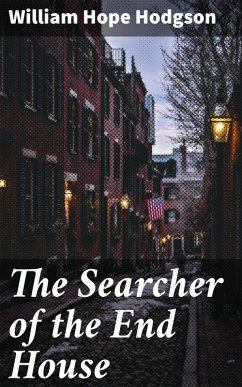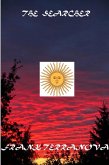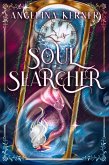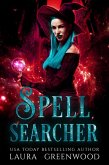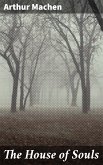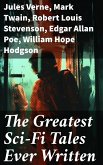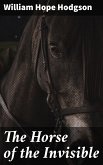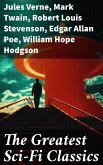William Hope Hodgson'Äôs "The Searcher of the End House" intricately weaves elements of cosmic horror and psychological depth, presenting a unique narrative that delves into the unknown. Set against a backdrop of ominous landscapes and shadowy figures, Hodgson employs a vivid, often lyrical prose style that evokes both wonder and dread. Thematically, the tale explores humanity's futile quest for understanding in a universe filled with incomprehensible forces, reflecting early 20th-century anxieties about existence and the limits of knowledge. This work stands alongside Hodgson's other literary contributions that scrutinize the intersection of reality and the supernatural, elevating the horror genre to profound philosophical inquiry. Hodgson, a British author born in 1877, was heavily influenced by his own experiences at sea and his fascination with metaphysical concepts. His works often express a deep-seated understanding of nature's wildness and the fragility of human existence, which likely fueled the thematic preoccupations in "The Searcher of the End House." His novels, though not widely recognized during his lifetime, reflect the author's struggles with personal demons and the turbulent world around him'Äîelements that resonate deeply within this text. Readers seeking a narrative that challenges the boundaries of reality and psychology will find "The Searcher of the End House" a captivating exploration of the human psyche. Hodgson'Äôs masterful storytelling, combined with his philosophical musings, makes this book not only a thrilling read but also a significant contribution to the gothic horror canon. It invites the audience to confront the unknown and reflect on their place within it.
Dieser Download kann aus rechtlichen Gründen nur mit Rechnungsadresse in A, B, BG, CY, CZ, D, DK, EW, E, FIN, F, GR, H, IRL, I, LT, L, LR, M, NL, PL, P, R, S, SLO, SK ausgeliefert werden.

